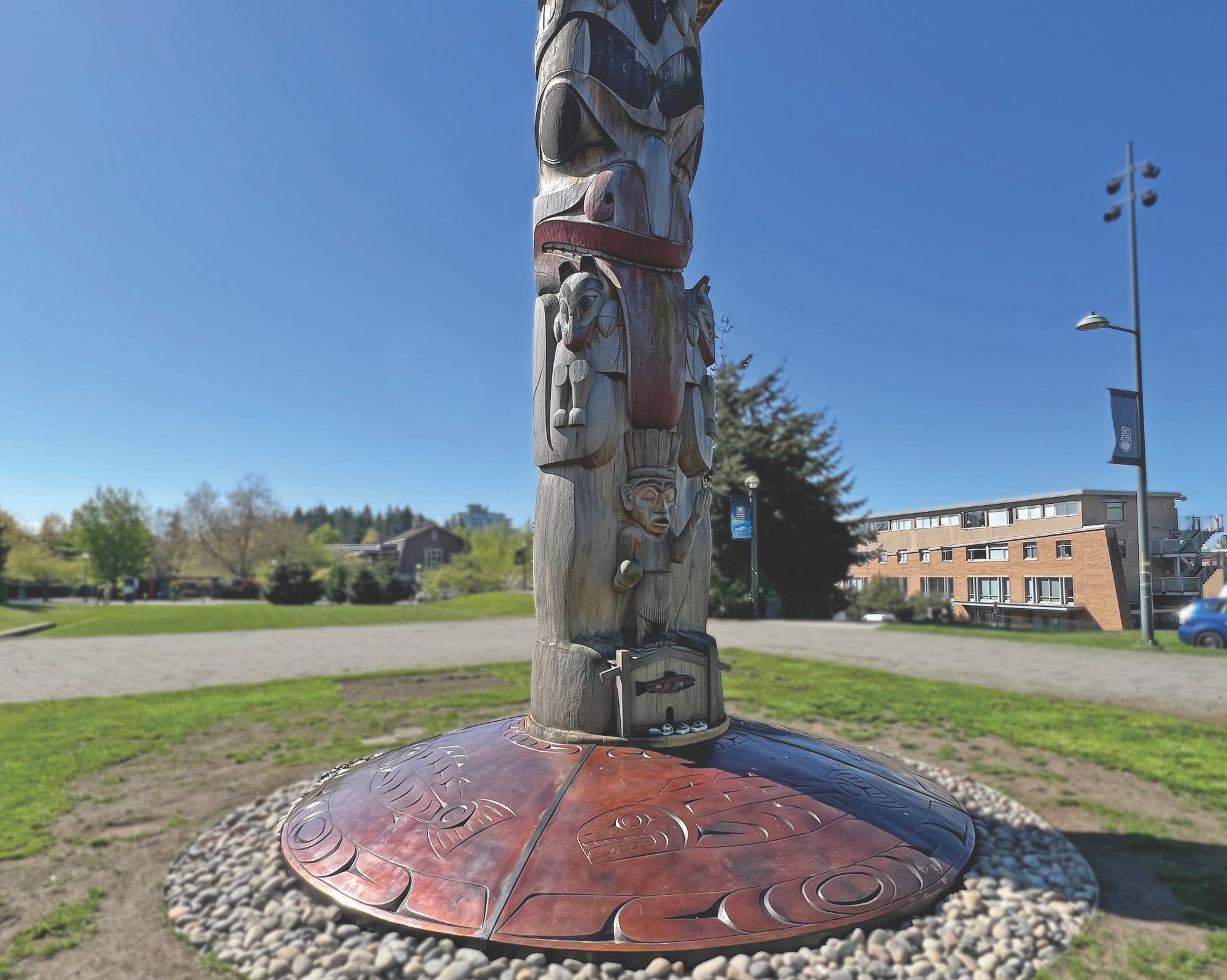The National Day for Truth and Reconciliation, occurring yearly on Sept. 30, serves as a reminder about Canada’s history of residential schools and honours the children that never returned from them. It is a public commemoration of the horror that Indigenous communities endured and is one step in a long process of reparation and reconciliation.
It is of immense importance that Canadians understand the lasting impact of residential schools, and the first step is education.
The learning journey can begin by exploring the diverse and rich cultures of local Indigenous communities—in the case of UBC, the xʷməθkʷəy̓əm (Musqueam) people.
More resources can also be found at the websites of the Department of Crown-Indigenous Relations and Northern Affairs, the Orange Shirt Society, and the National Centre for Truth and Reconciliation.
Orange Shirt Day is another event that takes place Sept. 30. It’s an Indigenous-led grassroots commemorative day that promotes wearing orange in recognition of the loss of culture, freedom, and identity that Indigenous children experienced at residential schools and shows support to those who survived.
Thus, Sept. 30 marks an important day to recognize missing children, promote cultural reconciliation, and look to a better future.
Richard Watson, the UNA board chair, says the association doesn’t organize events or schedule programs on Sept. 30, opting instead to incorporate Indigenous learning sessions and culture at other times of the year, including Indigenous Peoples Day in June and by including Indigenous performances at Neighbours Day on Sept. 8.
“It is a difficult time to request for Indigenous People to teach us about their cultures during that time because it is a time of mourning for the Indigenous community,” he says.
“On the National Day for Truth and Reconciliation, we hold close in our hearts the memory of the children who never made it back home, the survivors who endured suffering and pain, and the families and communities forever impacted by residential schools,” Watson says.
“The UNA would like to let those who have been affected by residential schools to know that we are with them and encourage everyone to commit ourselves to a path of understanding and compassion.”
UBC acknowledges the day primarily by lowering the Canadian, B.C., Musqueam, and UBC flags. Community events are also organized, and prospective participants are encouraged to connect with local organizers in mid-September for details.
Past events across Vancouver have included reflection and education activities at the Arts Umbrella on Granville Island, UBC’s intergenerational march to commemorate Orange Shirt Day hosted by the science faculty, and the BC Lions Orange Shirt game.
ANNE ZHANG IS A GRADE 12 STUDENT AT PRINCE OF WALES MINI SCHOOL AND LIVES IN HAMPTON PLACE.
